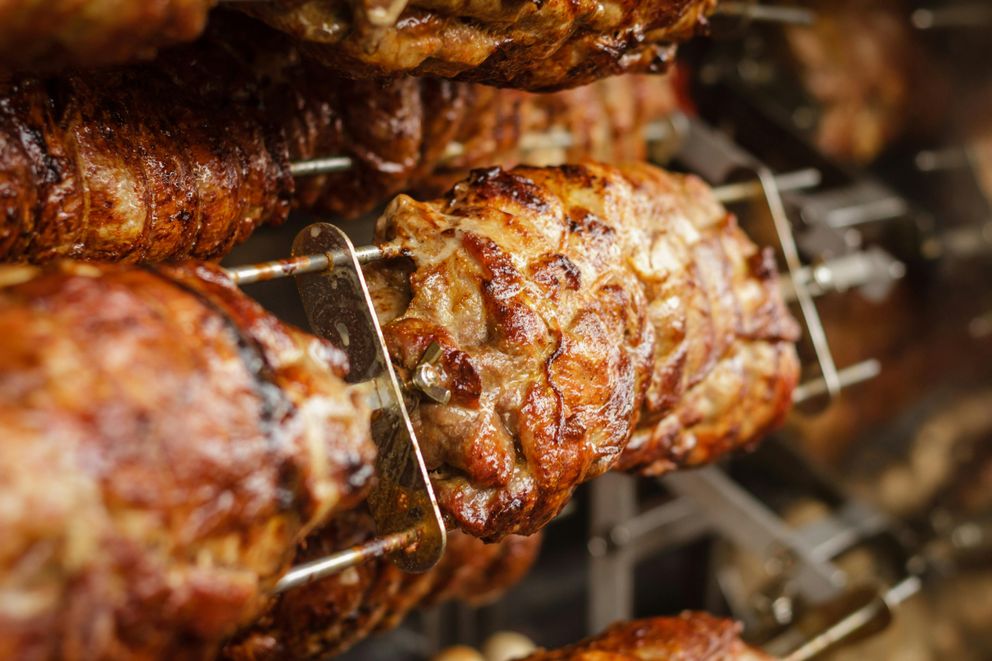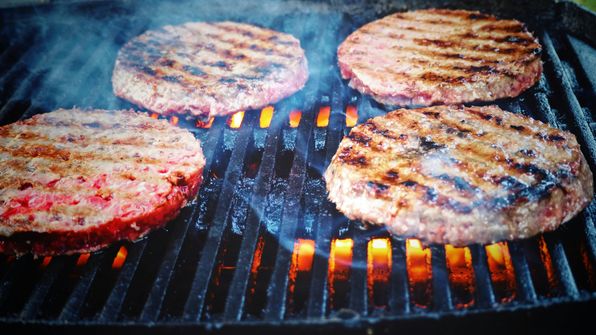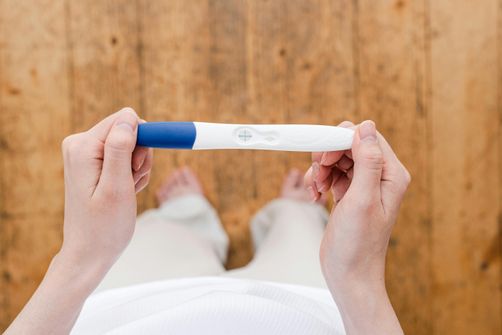
Social Success on the Carnivore Diet: Tips for Staying Committed at Gatherings and Restaurants
Social gatherings often mean a spread of carb-heavy foods and tempting desserts that can make sticking to the carnivore diet feel tricky. But with a b...

We’ve all been there, scrolling through Instagram, seeing the latest trends, and thinking, “Hmm, maybe this will be the one!” Today, we’re diving into the meaty world of the carnivore diet. But hold your horses (or should I say, cows?) before you start grilling all day. We’re focusing on the possible contraindications of the carnivore diet for women. Let’s cut through the fat and get to the juicy details.
First things first, what exactly is this carnivore diet everyone’s talking about? Simply put, it’s a diet where you eat only animal products. Think steak, chicken, fish, eggs, and if you’re feeling fancy, maybe some liver pâté. The idea is to eliminate carbs and plant-based foods completely, focusing solely on animal proteins and fats. Sounds pretty straightforward, right?
The carnivore diet promises some enticing benefits: weight loss, improved mental clarity, and reduced inflammation, to name a few. For some women, especially those who’ve struggled with autoimmune issues or severe food intolerances, this diet can feel like a miracle. However, every coin has two sides, and the carnivore diet is no exception.
Now, while the carnivore diet can have its perks, it’s not all rainbows and ribeyes. There are some important contraindications to consider, especially for women.
Ladies, our bodies are delicate ecosystems, and hormones are the ultimate puppet masters. A diet so high in protein and fat, with zero carbs, can throw a wrench in the works. Carbs play a crucial role in hormone production, particularly in the regulation of cortisol and thyroid hormones. Without enough carbs, you might experience irregular menstrual cycles, increased stress levels, and even thyroid issues. So, if your monthly cycle starts acting like a soap opera, it might be time to rethink the diet.
While a diet of steaks and bacon might sound like a dream come true, it’s not exactly balanced. Vitamins and minerals found in fruits, veggies, and grains are essential for overall health. Think vitamin C, magnesium, potassium, and fiber – all of which are pretty much MIA in the carnivore diet. Long-term, this can lead to deficiencies that affect everything from your immune system to your skin health. No one wants to trade their greens for scurvy, right?

Our gut is home to trillions of bacteria that keep things running smoothly. Fiber from plant foods is their favorite snack, and without it, they might stage a protest. A lack of fiber can lead to digestive issues like constipation (not fun) and a disrupted microbiome. Some studies even suggest that a diverse microbiome can aid in weight loss – so maybe don’t kick your veggies to the curb just yet.
The carnivore diet is high in saturated fats and cholesterol, which can raise your LDL (the “bad” cholesterol) levels. While some argue that cholesterol isn’t as villainous as once thought, it’s still something to monitor. Heart disease is the leading cause of death for women, so it’s essential to keep an eye on those lipid levels.
Let’s not forget the social aspect of eating. Following a diet that restricts you to animal products can be isolating and difficult to maintain in social settings. Plus, the psychological impact of such a restrictive diet can lead to disordered eating patterns and an unhealthy relationship with food. Balance is key, after all!
In short, the carnivore diet isn’t a one-size-fits-all solution, especially for women. While it might offer some benefits, it’s crucial to weigh these against the potential risks and contraindications. Before embarking on such a drastic dietary change, it’s always wise to consult with a healthcare professional.

Dieting should never be about punishment or extreme measures. It’s about finding what works for your unique body and lifestyle. So, if you’re curious about the carnivore diet, proceed with caution and a side of skepticism. And remember, a balanced diet, rich in a variety of nutrients, is usually the best recipe for long-term health and happiness.
Stay curious, stay informed, and most importantly, stay healthy! Happy eating, ladies!
A: The Carnivore Diet may not be suitable for women with certain medical conditions such as kidney disease, liver disease, or severe gastrointestinal disorders. It’s crucial to consult with a healthcare provider before starting this diet to ensure it doesn’t exacerbate any pre-existing conditions.
A: The Carnivore Diet can potentially impact hormone balance, particularly in women. Some may experience changes in menstrual cycles or symptoms related to hormonal fluctuations. It’s essential to monitor these changes and seek medical advice if significant disruptions occur.
A: Yes, the Carnivore Diet can lead to deficiencies in essential nutrients such as fiber, vitamins C and E, and certain minerals. Women should consider supplements or carefully plan their diet to mitigate these risks, ideally under the guidance of a nutritionist.
A: The lack of dietary calcium and vitamin D in the Carnivore Diet can negatively impact bone health, increasing the risk of osteoporosis, especially in postmenopausal women. Incorporating bone broth or supplements may help, but consulting with a healthcare provider is recommended.
A: The Carnivore Diet is generally not recommended during pregnancy or breastfeeding due to the potential for Nutrient Deficiencies that can affect both the mother and the baby. A balanced diet that includes a variety of food groups is crucial during these periods.
A: Yes, the Carnivore Diet can cause digestive issues such as constipation due to the lack of fiber. Women may also experience changes in gut microbiota, leading to other gastrointestinal discomforts. It’s important to monitor digestive health and make adjustments as necessary.

Social gatherings often mean a spread of carb-heavy foods and tempting desserts that can make sticking to the carnivore diet feel tricky. But with a b...

The carnivore diet is often seen as straightforward: eat meat, keep it simple. But adapting it seasonally can bring freshness, variety, and local flav...

The carnivore diet has become increasingly popular, but like any extreme dietary approach, it raises important questions—especially for women concerne...

The carnivore diet has gained attention globally, but women’s experiences and cultural approaches to animal-based eating vary widely depending on wher...

Living with Chronic Obstructive Pulmonary Disease (COPD) can make everyday activities feel like a marathon, especially for women who are juggling heal...